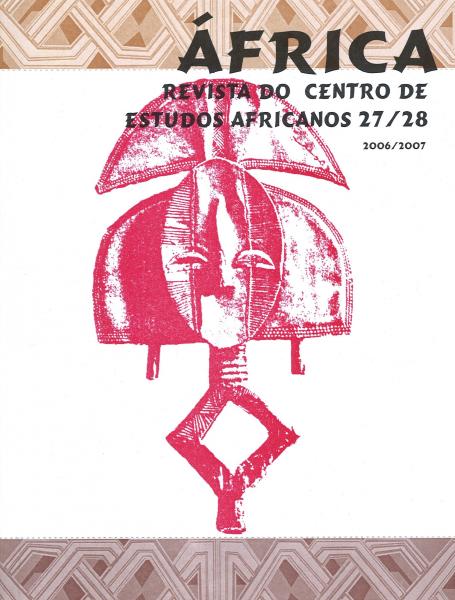Para uma leitura pós-colonial de António Aurélio Gonçalves: o potencial subversivo da imitação em Pródiga e Virgens loucas
DOI:
https://doi.org/10.11606/issn.2526-303X.v0i27-28p9-22Keywords:
António Aurélio Gonçalves, “Pródiga”, “Virgens loucas”, Imitation, Parody, Postcolonial studies.Abstract
Despite wide recognition as one of Cape Verde’s most talented twentieth-century authors, António Aurélio Gonçalves has received little scholarly attention to date, in large part because of the misconception that his writing is more universal than Cape Verdean. This essay proposes a post-colonial reading of two of Gonçalves’s novelettes, “Pródiga” and “Virgens loucas,” both of which are based on Biblical parables. An examination of these two works in light of Homi Bhabha’s concept of imitation and Linda Hutcheon’s study on parody reveals their subversive nature and puts into question the characterization of Gonçalves as a “universal” or “Europeanized” writer.Downloads
Download data is not yet available.
Downloads
Published
2007-12-09
Issue
Section
Artigos
License
A reprodução de qualquer dado, mesmo em resumo, de matéria contida nesta publicação, só será permitida com a citação do nome, número e o ano desta revista.How to Cite
Para uma leitura pós-colonial de António Aurélio Gonçalves: o potencial subversivo da imitação em Pródiga e Virgens loucas. África, [S. l.], n. 27-28, p. 9–22, 2007. DOI: 10.11606/issn.2526-303X.v0i27-28p9-22. Disponível em: https://www.journals.usp.br/africa/article/view/96060.. Acesso em: 20 may. 2024.





